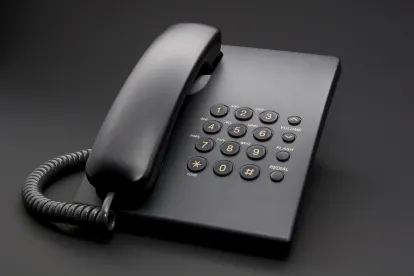TCPAWorld readers will recall the recent Ninth Circuit Court of Appeals ruling in Chennette where the Court held it is now the Defendant’s burden to prove a phone number is not residential, even where evidence of business usage of that number exists.
This case was brought to you by the guys at LawHQ, who couldn’t resists bragging about their win on our podcast–and I respect that.
Well Chennette is gaining ground around the country now.
For instance, in Noviello v. Holloway Funding No. 3:22-cv-52-BN, 2023 WL 128395 (N.D. Tex. Jan. 9, 2023) the Court denied summary judgment to the Defendant in reliance on the Ninth Circuit’s ruling.
The Defendant had argued that evidence existed that Plaintiff held out his number as a business line. But the Court held Plaintiff’s declaration that he used to the phone for residential purposes was enough to defeat the summary judgment effort:
HFG argues that this regulation does not apply to Noviello because his “number is not a residential number,” but rather a business number, where he lists the number for two businesses and uses it for business purposes. Dkt. No. 35 at 6. Noviello responds that he uses the cell phone for residential purposes, is personally the subscriber and the one billed for the telephone line, and uses the cell phone as his residential telephone because he does not have a landline telephone.
This is a fact-intensive inquiry. See Hirsch v. USHealth Advisors, LLC, 337 F.R.D. 118, 131 (N.D. Tex. 2020). A reasonable jury could find that Noviello’s cell phone could be considered a residential line for purposes of Section 64.1200(c) and (d). Noviello has created a genuine issue of material fact as to whether his cell phone is a residential line.
The Court also refused to credit the Defendant’s claim of consent, determining that Plaintiff’s denial that he provided the consent record was enough to send the issue to a jury.
Litigating in TCPAWorld was hard enough before Chennette came along. That case essentially makes it impossible for B2B callers to safely operate without consent. As Noviello demonstrates, all a caller has to do at this point is claim they used the number for residential purposes–even if the number was plainly held out as a business line.




 />i
/>i

